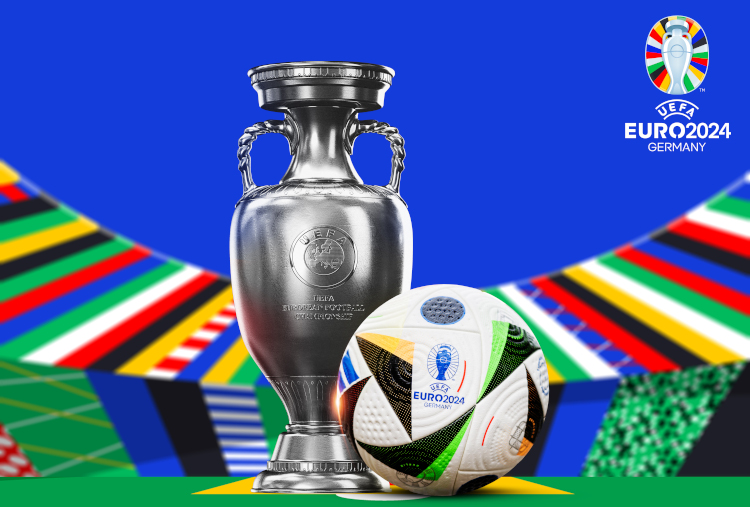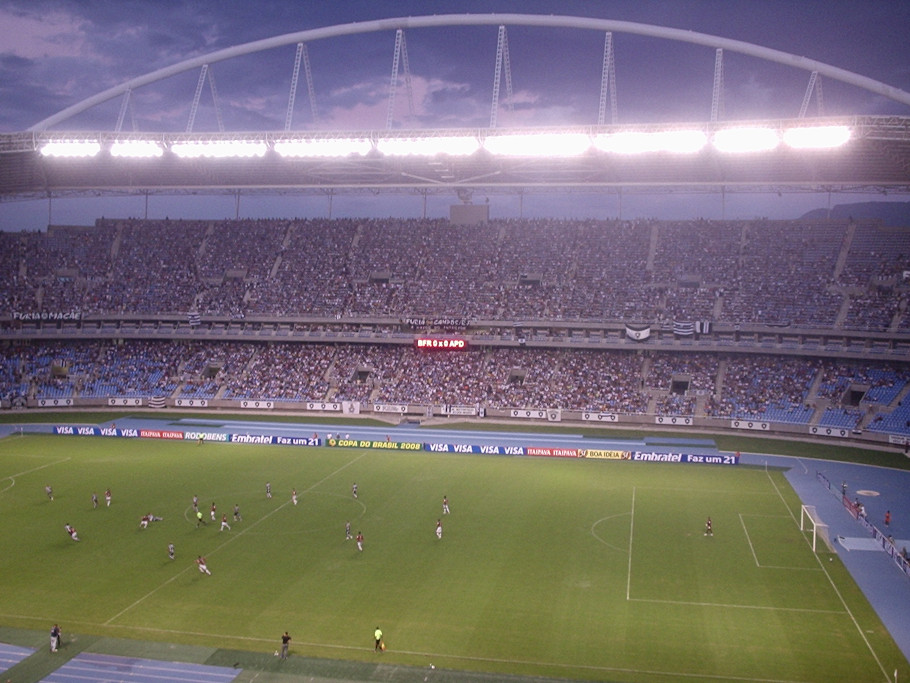Spain’s journey in the UEFA European Championship (Euros) reflects their evolution from a team with sporadic successes to one of the most dominant forces in European football. Known for their distinctive “tiki-taka” style and a golden era of success, Spain’s history in the Euros is a tale of early promise, remarkable triumphs, and periods of rebuilding. Here is an overview of Spain’s notable moments in the Euros.
1. Early Success and Unfulfilled Potential (1960-1980)
Spain was one of the early participants in the European Nations’ Cup, and they quickly made their mark by achieving notable success in the initial tournaments.
1964 European Nations’ Cup: Spain won their first major international title at the 1964 tournament, which they hosted. They defeated the Soviet Union 2-1 in the final, with goals from Jesús María Pereda and Marcelino. This victory established Spain as a significant force in European football.
1960 and 1968 European Nations’ Cup: Spain withdrew from the 1960 tournament and failed to qualify for the 1968 edition after losing to England in the quarter-finals.
1976 and 1980 European Championships: Spain struggled in these editions, failing to qualify for the final stages. They faced challenges in rebuilding their team and achieving consistent performances.
Key Moments:
- 1960: Withdrew from the competition.
- 1964: Won the European Nations’ Cup.
- 1968: Quarter-finals, failed to qualify.
- 1976 & 1980: Failed to qualify.
2. Consistent Participation and Rising Ambitions (1984-2000)
The 1980s and 1990s saw Spain regularly qualifying for the Euros, with fluctuating success as they aimed to reclaim their status as European champions.
1984 European Championship: Spain had a strong tournament, reaching the final. Managed by Miguel Muñoz, they faced France in the final but lost 2-0. Despite the defeat, this performance was a significant achievement after two decades of struggles.
1988 and 1992 European Championships: Spain had disappointing campaigns, failing to advance beyond the group stages. They struggled to find consistency and were often outperformed by stronger teams.
1996 European Championship: Held in England, Spain reached the quarter-finals but were eliminated by England on penalties after a goalless draw. This marked an improvement, but they were still short of their past glories.
2000 European Championship: Spain had a promising tournament, reaching the quarter-finals. They were defeated by France, the eventual winners, in a thrilling 2-1 match. Despite their elimination, the team showed potential for future success.
Key Moments:
- 1984: Reached the final, defeated by France.
- 1988 & 1992: Group stage exits.
- 1996: Quarter-finals, eliminated by England.
- 2000: Quarter-finals, eliminated by France.
3. The Golden Era of Dominance (2004-2012)
The mid-2000s to early 2010s represent the golden era of Spanish football, characterized by their innovative style and unprecedented success in international tournaments.
2008 European Championship: Spain’s dominance began in the 2008 tournament held in Austria and Switzerland. Managed by Luis Aragonés, Spain won the championship by defeating Germany 1-0 in the final, with Fernando Torres scoring the winning goal. This victory ended a 44-year wait for a major international title and marked the emergence of Spain’s “tiki-taka” style of play.
2012 European Championship: Spain continued their dominance by winning the 2012 Euros, held in Poland and Ukraine. Managed by Vicente del Bosque, they became the first team to win consecutive European Championships. In the final, Spain defeated Italy 4-0, with goals from David Silva, Jordi Alba, Fernando Torres, and Juan Mata. This victory solidified Spain’s status as the best team of their generation.
Key Moments:
- 2008: Won the European Championship, defeating Germany.
- 2012: Won the European Championship, defeating Italy.
4. Rebuilding and Modern Challenges (2016-2020)
After their golden era, Spain faced challenges in maintaining their dominance and underwent a period of transition with new management and emerging talents.
2016 European Championship: Spain entered the tournament as defending champions but were eliminated in the round of 16 by Italy. This marked the end of their reign and highlighted the need for a new generation to step up.
2020 European Championship: Held in 2021 due to the COVID-19 pandemic, Spain showed signs of resurgence under manager Luis Enrique. They reached the semi-finals, where they were eliminated by Italy in a penalty shootout after a 1-1 draw. This performance suggested a promising future for the new-look Spanish team.
Key Moments:
- 2016: Round of 16, eliminated by Italy.
- 2020: Reached semi-finals, eliminated by Italy in a penalty shootout.
Conclusion
Spain’s history in the UEFA European Championship is a journey of early triumphs, periods of inconsistency, and a golden era that redefined European football. Their successes in 1964, 2008, and 2012 are hallmarks of their footballing excellence, and their recent performances indicate a potential return to the pinnacle of European football. With a blend of experienced players and emerging talents, Spain continues to be a formidable contender in the Euros, aiming to add more chapters to their illustrious legacy.
- Neymar’s Return to Santos FC - January 29, 2025
- Manchester United and Manchester City: Challenges in the 2024-2025 Premier League Season - January 5, 2025
- Manchester City: The Downfall of a Modern Football Powerhouse - December 16, 2024



